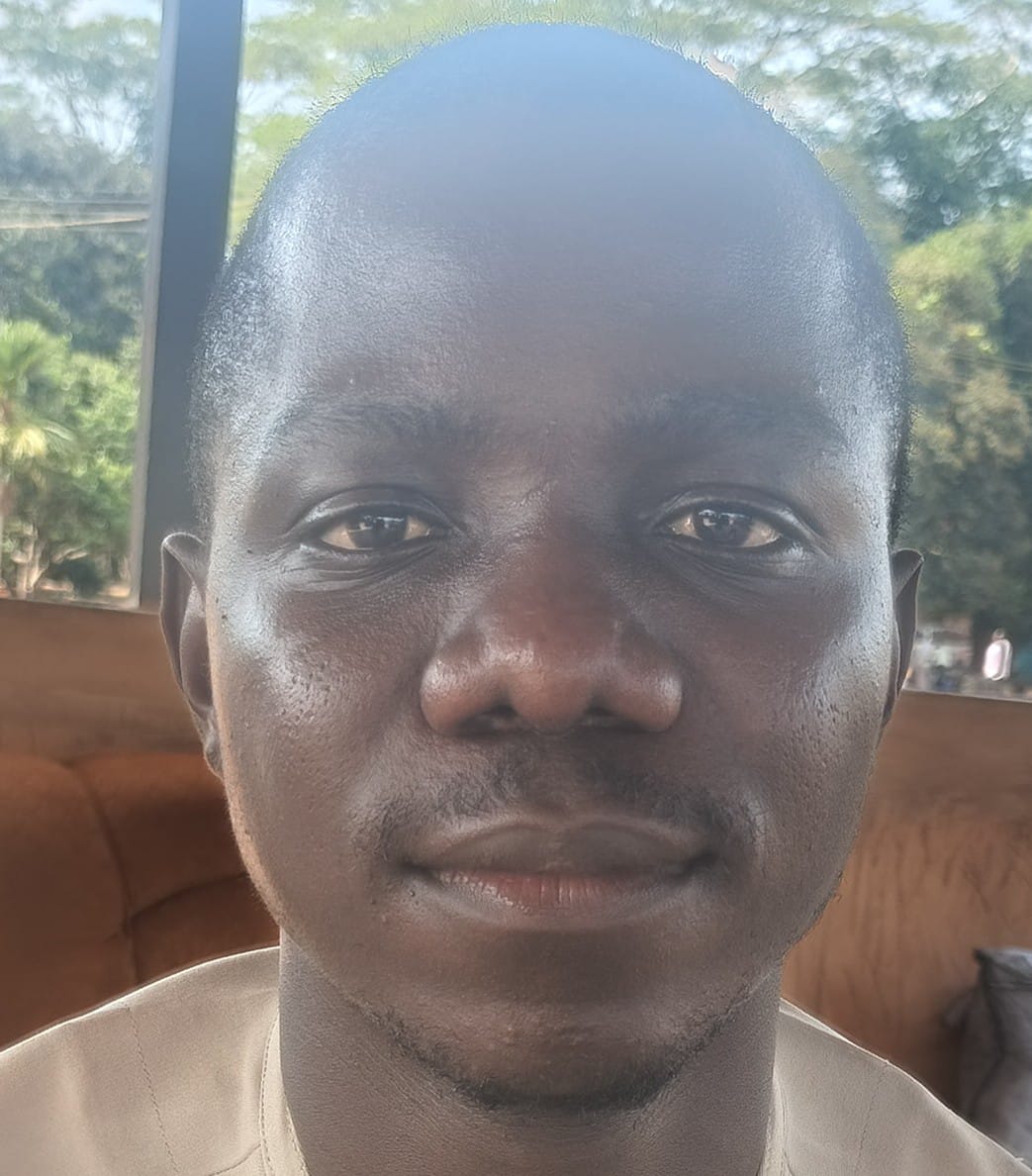By Lasisi Olagunju
There is a royal family in Lagos called Oniru. In the earliest times when there was no Lagos and Eko knew its boundaries, that family owned all lands that house today’s Awolowo Road, the prime area called Falomo, Tafawa Balewa Square, the Independence Building, Island Club, Yoruba Tennis Club, et cetera, et cetera. Add Oyinkan Abayomi to that list, and, in addition to those places, input 18 other villages – all in pricey Lagos Island.
The family that owned all those is the family that produced the new and contentious speaker of Lagos State House of Assembly, Mrs Mojisola Lasbat Meranda. Do not mind her surname; she is an Oniru. Her brother is the reigning Oba of their Iruland. She is a princess but being a princess is not enough for her to join the big league of Lagos. Her election as speaker by almost all her colleagues, means little or nothing. In the pantheon of Lagos politics, there is always one god whose one vote trumps a million ballots. In some places, you do not have to enter the grove before you become an elder; grey hair is enough. Not in Lagos. In Lagos, the godfather is the igbó’rò, the sacred grove that confers age, that vests authority in and breathes life into all figurines.
The search for that breath is what is making Meranda and her backers panting. And, she has just started. Breaking into the power vault of Lagos uninvited is akin to sitting on a million needles. She did that and must, therefore, writhe from the needle effect. Fortunately for her, she is a woman with a lot of fluid in her tear gland, and she has been generous with shedding princely tears since her colleagues invested her with the authority to be speaker of the president’s state. Last week, the sacked speaker, Mudashiru Obasa, borrowed some lines from Black Scorpion’s Third Marine Commando. Obasa landed at the House complex at dawn and sensationally announced his comeback. As cover, he had guns and boots of various shapes and sizes behind him.
I watched the video and saw his enemies under a tent, peeping like fearful, terrorized children of Gaza and the West Bank. It was obvious that the state was behind Obasa. With a wand, the herdsman runs his flock around. Lateef Jakande did what Bola Tinubu does with the politics of Lagos today. From his emergence in 1979 until he went to Abuja in 1994, Jakande was the god and father of Lagos politics. He decided who got what and who should and would not get anything. But because every godfather has an expiry date, hugely popular Jakande took a federal job, went to Abuja and lost his spell.
MORE FROM THE AUTHOR: OPINION: A Review Of IBB’s Book Of Billions [Monday Lines]
He returned to Lagos, to a palace without people. Bola Tinubu is in Abuja. The spell in Lagos is unraveling. I hope he knows this and quickly cements his cracked walls. He cannot keep Lagos by overtly having favourites among his disciples. Every parent knows how slippery it could be not to respect the choice of boys who have become men. What do you think are the consequences of a blind king riding a blind horse through the market of the blind? The king will fall; the horse will maim and kill; the market will be over. That is what I fear happening in Lagos.
The casualties will be unimaginable. The possibility of the market being stung by bees is the reason I wonder why the principalities driving this crisis are not seeing what we see. The brake is there, press it! Enemies are saying that Lagos won’t stop the war because it is God at work. A river, no matter the length of its course, must necessarily empty its waters into the ocean. It is the natural course of power.
A village, town, or city’s foundation stone orders its affairs. Ìdálu ni ìsèlú is the Yoruba construction for that English phrase. With one lone, worn-out stick, the Fulani commands his herd. That is Lagos. Lagos has always been godfathers’ playground. It may keep preening itself as the landing bay for civilization in Nigeria but it has a sorry history of being herded by political herdsmen. If everything escapes your memory, I do not think you would forget the 1991 miracle of Otedola. When siblings fight without looking back, outsiders grab and pack their everything and run with it.
The Social Democratic Party (SDP) thought it owned Lagos in 1991 and could do anything there and get away with it. In its fold were two irreconcilable groups, each backing an aspirant for the governorship. There was the Primrose Movement with Chief Dapo Sarumi as its anointed candidate. Mr. Bola Tinubu belonged to that group. Primrose drew its strength from the Patriotic Front (PF) owned and funded by Fulani aristocrat, General Shehu Musa Yar’Adua.
MORE FROM THE AUTHOR: [OPINION] Pa Adebanjo: A Celebration Of Death
The second group’s anointed was Professor Femi Agbalajobi. He is now late. Lagos godfather, Lateef Jakande, was the father and guardian spirit of Agbalajobi’s group. The war between the two ended only with the disqualification of both aspirants by the then all-powerful National Electoral Commission (NEC). Yar’Adua’s group then did a coup. The General used his influence and wealth to foist his protégé, Yomi Edu, on the very popular SDP as its governorship candidate. The result was a defeat that shocked everyone home and abroad. Sir Michael Otedola was the governorship candidate of the rival National Republican Convention (NRC), a very unpopular party in Lagos. NRC had only two seats in the Lagos House of Assembly; the rival SDP had 38.
But SDP lost the governorship to the unpopular NRC. NRC’s Otedola won the election because Lateef Jakande, the reigning godfather of that era, was sufficiently incensed to kill his goose rather than watch an outsider appropriate its golden eggs. But, did that action have consequences? If it did, what were they? In all these, I pity two persons as they hide behind their fingers while their Lagos burn from their match sticks.
They have my pity; they do not have my sympathy. The first is President Bola Tinubu. Elders don’t get angry; they don’t fight all wars. Brigadier General Benjamin Maja Adekunle in his ‘Biafra War Letters’ said his middle name, Maja, which means ‘Don’t fight’, was given to him as a leash for his incessant street brawls. Yoruba bards say a careless, listless owner will have the oil in their lamp dissipated before their very eyes. It is happening in Lagos. The puppies that Eko carefully nursed for a day like this are openly barking resentment at his preference and choice.
MORE FROM THE AUTHOR: OPINION: Are Yoruba Muslims Truly Marginalised? [Monday Lines]
That is classic demystification. He should pause, ponder and re-plan. More importantly, the ponderous should repossess himself from hubris; for the king who cannot master himself may find mastering others very impossible. The second person I invest my pity in, with a heavy heart, is Governor Babajide Sanwo-Olu. The sacrifice he took to the Lagos intersection last night is still there; those who should eat it did not. Check the Ìrókò and its branches. The squirrel that used to dance with its head is no longer rejoicing with its tail.
The omens are not good. The man is fast becoming a bigger Fubara and I ponder his fate as he fords this flood. Neither iyán lébé nor okà lèbè will satisfy those he might have offended. He should just hurry home to his fathers and ask them what the gods want. Unfortunately, he cannot be heard complaining about anything that is not fair in the Lagos arrangement – he is a product of that system. May God help him and help his godfather. ‘Why Empires Fall’ is a book by two western scholars, Peter Heather and John Rapley.
It is in that book that I got a perfect imagery to describe what is unfolding in Lagos: the image of broken pottery. They note, and I agree with them, that once broken, a pot becomes useless but the individual shards endure to cry the story of their collective tragedy. From Ikate to Iru to Marina to Alausa, the spell that binds the Lagoon and the sea; the mainland and the Island is flooded and its potency now watery. The shattered crockery of the Lagos establishment is getting flung hither and thither. Unless sanity is allowed to reign there, there may be more there to break in days ahead.






























